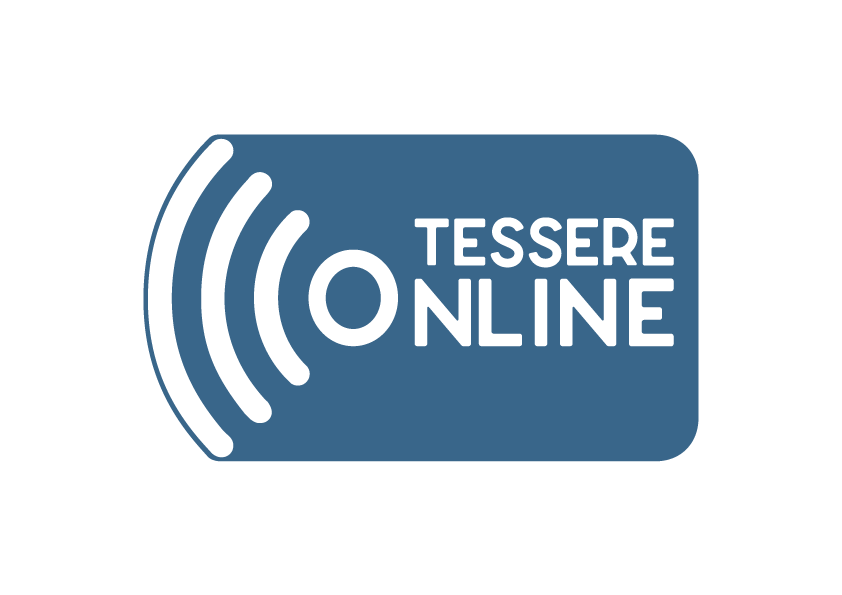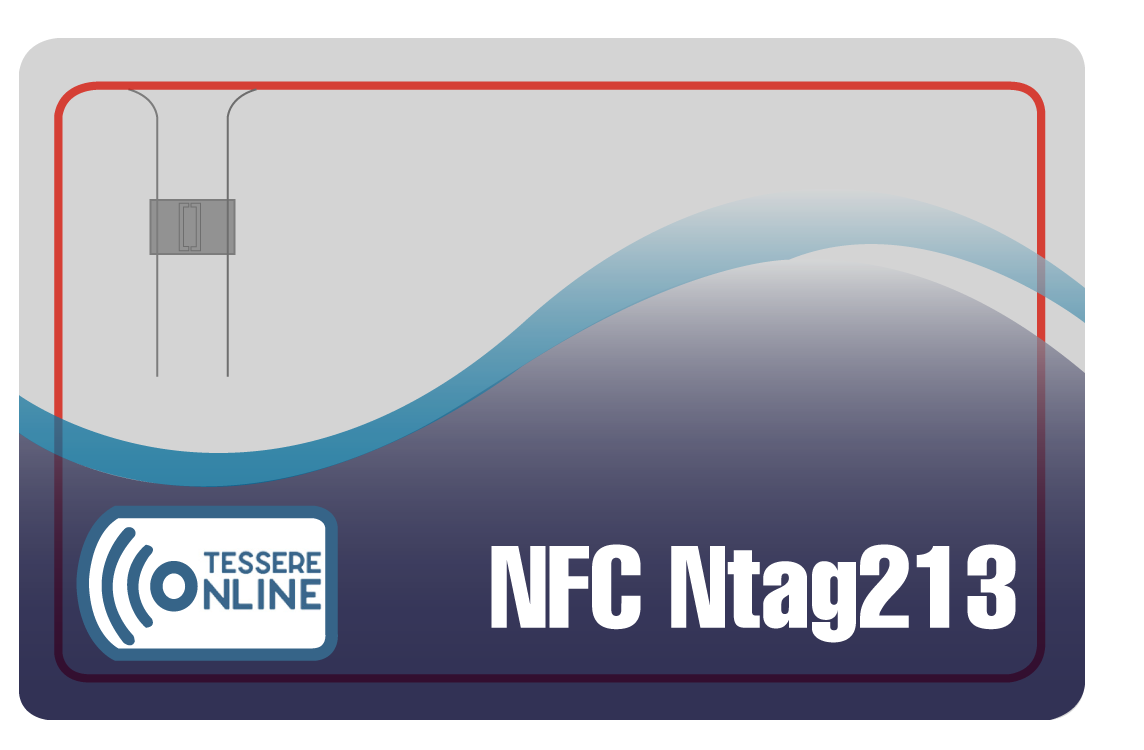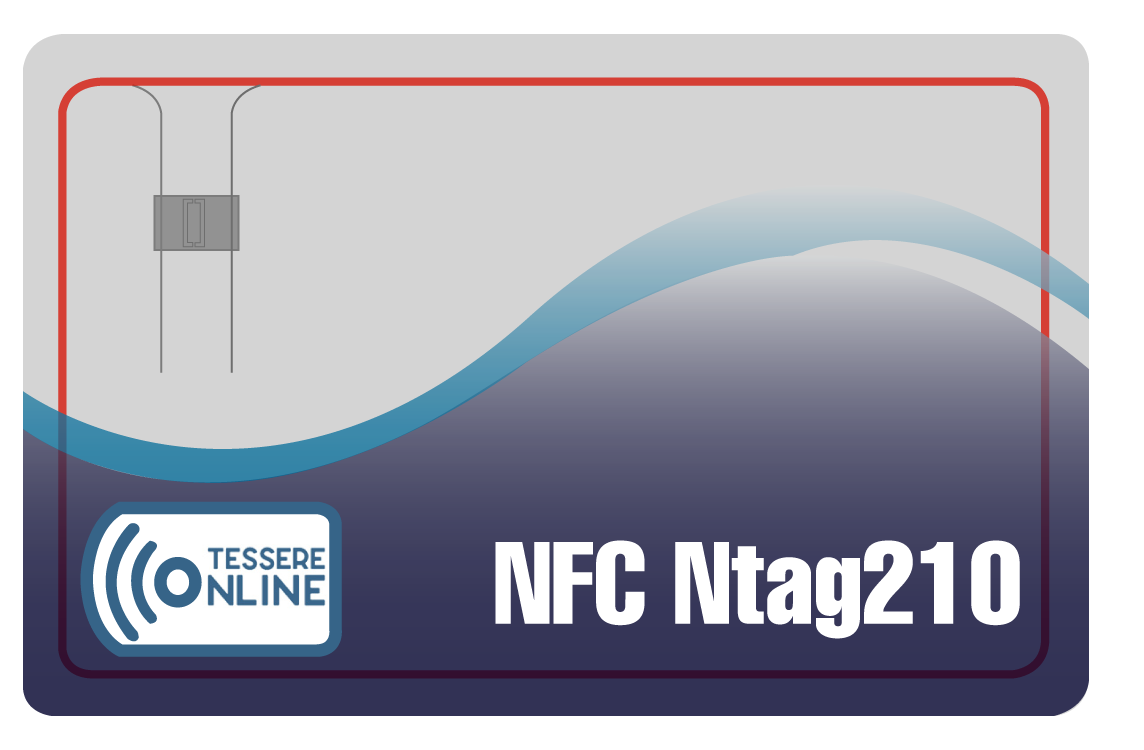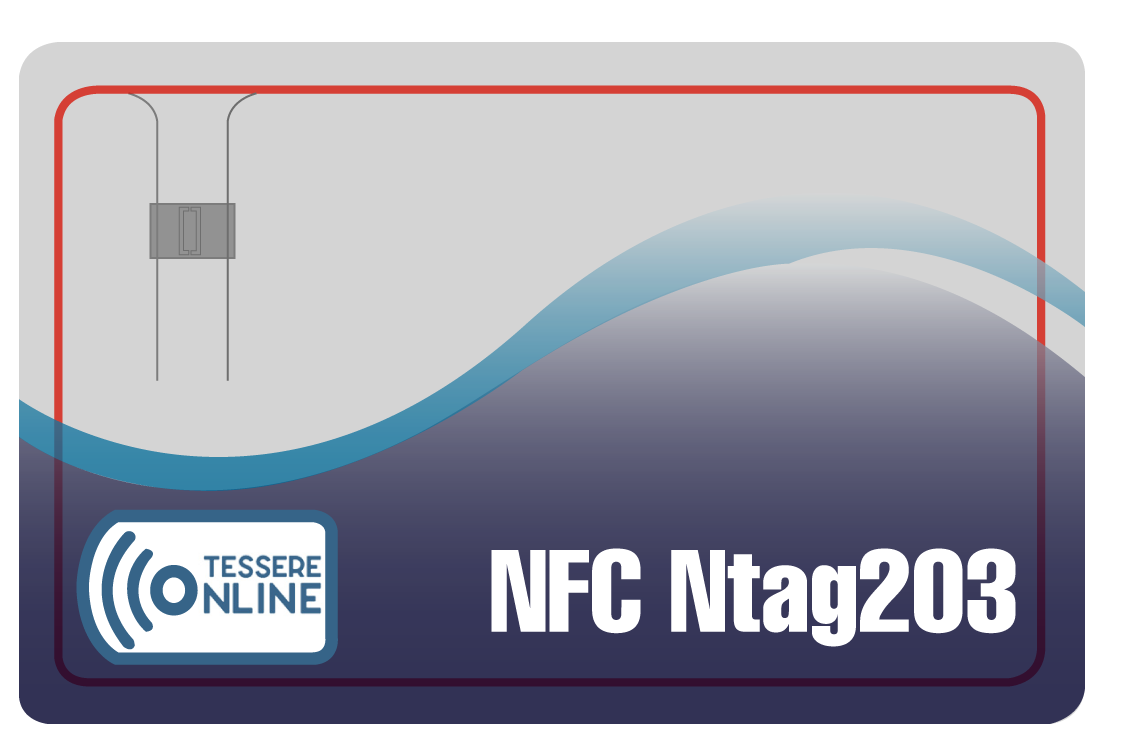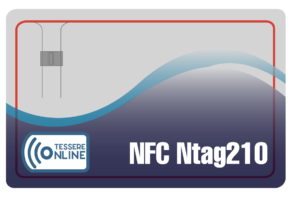
Le NFC card utilizzano la tecnologia NFC: una tecnologia di comunicazione wireless simile alla tecnologia Bluetooth o Wifi che permette di trasferire dati tra due dispositivi come per esempio uno smartphone e un tag. Solitamente questa tecnologia è usata per trasmettere dei dati da un dispositivo ad un altro, in questo modo si possono trasferire dati o effettuare dei pagamenti da un dispositivo abilitato ad un altro dispositivo anch’esso abilitato. In che campi troviamo l’utilizzo della tecnologia NFC? Questo tipo di tecnologia, in grado di trasferire dati in modo rapido, la troviamo nei sistemi di pagamento contactless, nel marketing e nella pubblicità, nel settore della sicurezza, nei controlli accessi, nell’identificazione del prodotto e della posizione, nella telefonia mobile negli eventi e in molti altri settori. La bellezza di questa tecnologia è la semplicità, infatti una volta che il tag è stato codificato con le informazioni, le URL, i servizi desiderati il tag è pronto per essere utilizzato. L’NFC lavora solamente a distanze ravvicinate, fattore molto importante in quanto rende perfette le interazioni tra dispositivi impedendo che i tag vengono letti “accidentalmente” o no letti da tracciati indesiderati.
IL CHIP NFC card
nel cuore di ciascun tag NFC è presente o un chip NFC o un circuito integrato, questi piccoli dispositivi permettono di memorizzare le informazioni e controllano come vi si può accedervi.
IL CIRCUITO INTEGRATO NFC card
Differenti tipi di chip NFC hanno diverse grandezze di memoria e anche diverse configurazioni. Questo influenza la quantità di informazione che può essere immagazzinata su alcuni chip ma influenza anche come il chip può essere bloccato.
la tabella di seguito riportata mostra i tag NFC presenti nel mercato:
| Tag NFC popolari | ||||||||
| Ultralight | NTAG203 | NTAG210 | NTAG213 | NTAG215 | NTAG216 | |||
|---|---|---|---|---|---|---|---|---|
| Memory Size 1 (bytes) | 64 | 168 | 80 | 180 | 540 | 924 | ||
| User Memory 2 (bytes) | 48 | 144 | 48 | 144 | 504 | 888 | ||
| Max URL 3 (characters) | 41 | 132 | 41 | 132 | 492 | 854 | ||
| Best Use | Cost effective chip for short URLs in products (wristbands, keyfobs). | Popular, established all-round NFC chip. Cost-effective with good memory capacity. | Cheap, general NFC use with short URLs. Limited availability. | Next generation chip, will eventually replace NTAG203. Great ScanStrength. | The ‘one in the middle‘. Good memory but limited availability compared to the NTAG216. | Large memory and full feature set. Higher price makes it suitable for vCard and larger memory use only. | ||
| Universal Comp. 4 | Yes | Yes | Yes | Yes | Yes | Yes | ||
| NFC Forum Compliant 5 | Yes | Yes | Yes | Yes | Yes | Yes | ||
| Scan Counter | No | No | No | Yes | Yes | Yes | ||
| 32 bit Password | No | No | Yes | Yes | Yes | Yes | ||
| Serial Number 6 | 7 bytes | 7 bytes | 7 bytes | 7 bytes | 7 bytes | 7 bytes | ||
| Cryptography 7 | No | No | No | No | No | No | ||
| ScanStrength 8 | High | High | High | Very High | High | High | ||
| Altri tipi di NFC chip | ||||||||
| Ultralight C | Mifare© 1k | Desfire 4k | Topaz 512 | |||||
|---|---|---|---|---|---|---|---|---|
| Memory Size 1 (bytes) |
192 | 1,024 | 4k | 512 | ||||
| User Memory 2 (bytes) |
148 | 716 | 4,094 | 454 | ||||
| Max URL 3 (characters) |
132 | 710 | 2,000 | 449 | ||||
| Best Use | Specialist applications requiring encryption only. Poor scan distance with mobile phones. | Legacy applications only. Not recommended for general mobile phone NFC usage. | Specialist applications requiring strong data encryption only. | Universally compatible chip available in only a limited number of products. Useful for vCards or small data storage. | ||||
| Universal Comp. 4 | Yes | No | Yes | Yes | ||||
| NFC Forum Compliant 5 |
Yes | No | Yes | Yes | ||||
| Serial Number 6 | 7 bytes | 4 or 7 bytes | 7 bytes | 4 bytes | ||||
| Cryptography 7 | Yes | Yes | Yes | No | ||||
| ScanStrength 8 | Low | Medium | Medium | High | ||||
Contattaci per ricevere il tuo preventivo gratuito
